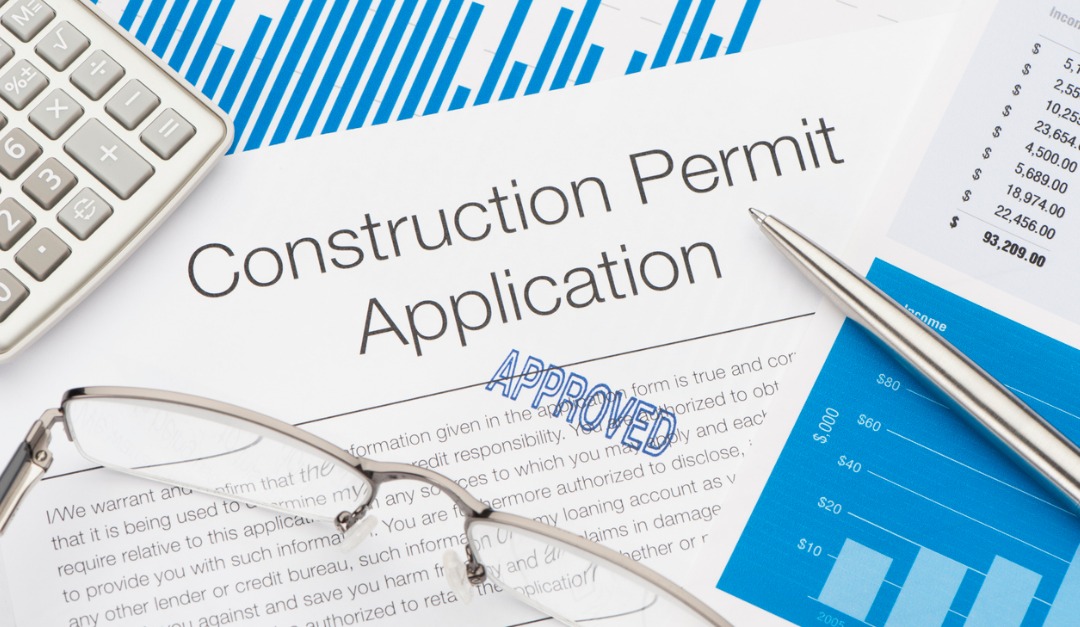
How to Make a Strong Offer on a Home
How to Make a Strong Offer on a Home Buying a home is a big investment, and making a strong offer can make all the difference in securing your dream home. But how do you make a strong offer? Here are some tips to help you navigate the process and come out on top. Get Pre-Approved Before you start

How Unpermitted Work Can Affect Your Sale
How Unpermitted Work Can Affect Your Sale Welcome to another informative blog post by the Compass Team. Today, we'll be discussing the topic of unpermitted work and how it can affect the sale of your property. Many homeowners undertake home improvement projects without obtaining the necessary perm

4 Things to Do After Moving Into Your First Apartment
4 Things to Do After Moving Into Your First Apartment Congratulations, you've just moved into your first apartment! This is a huge accomplishment and a big milestone in your life. But what do you do now that you're settled in? Here are four things you should do after moving into your first apartme
Categories
Recent Posts












